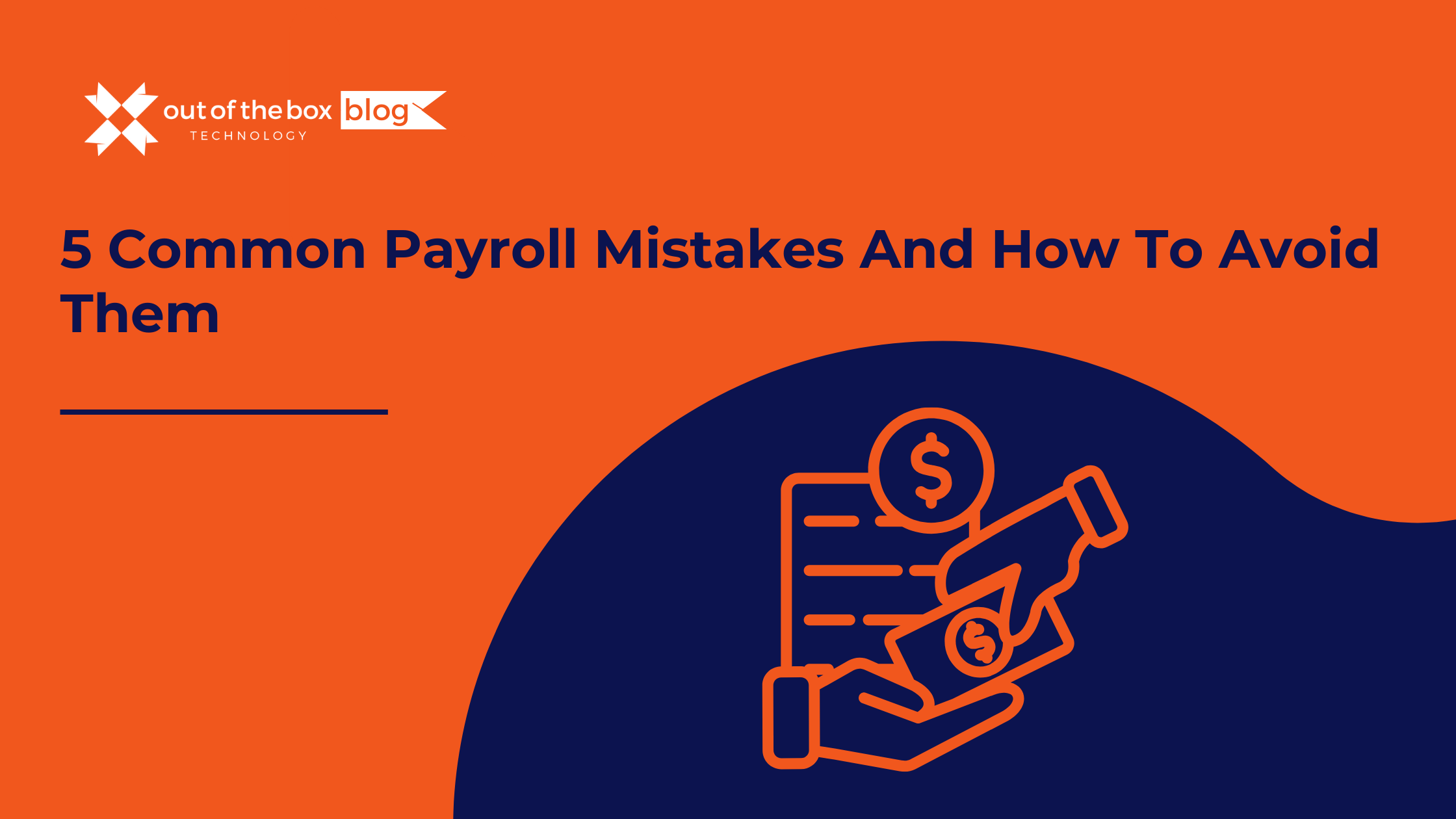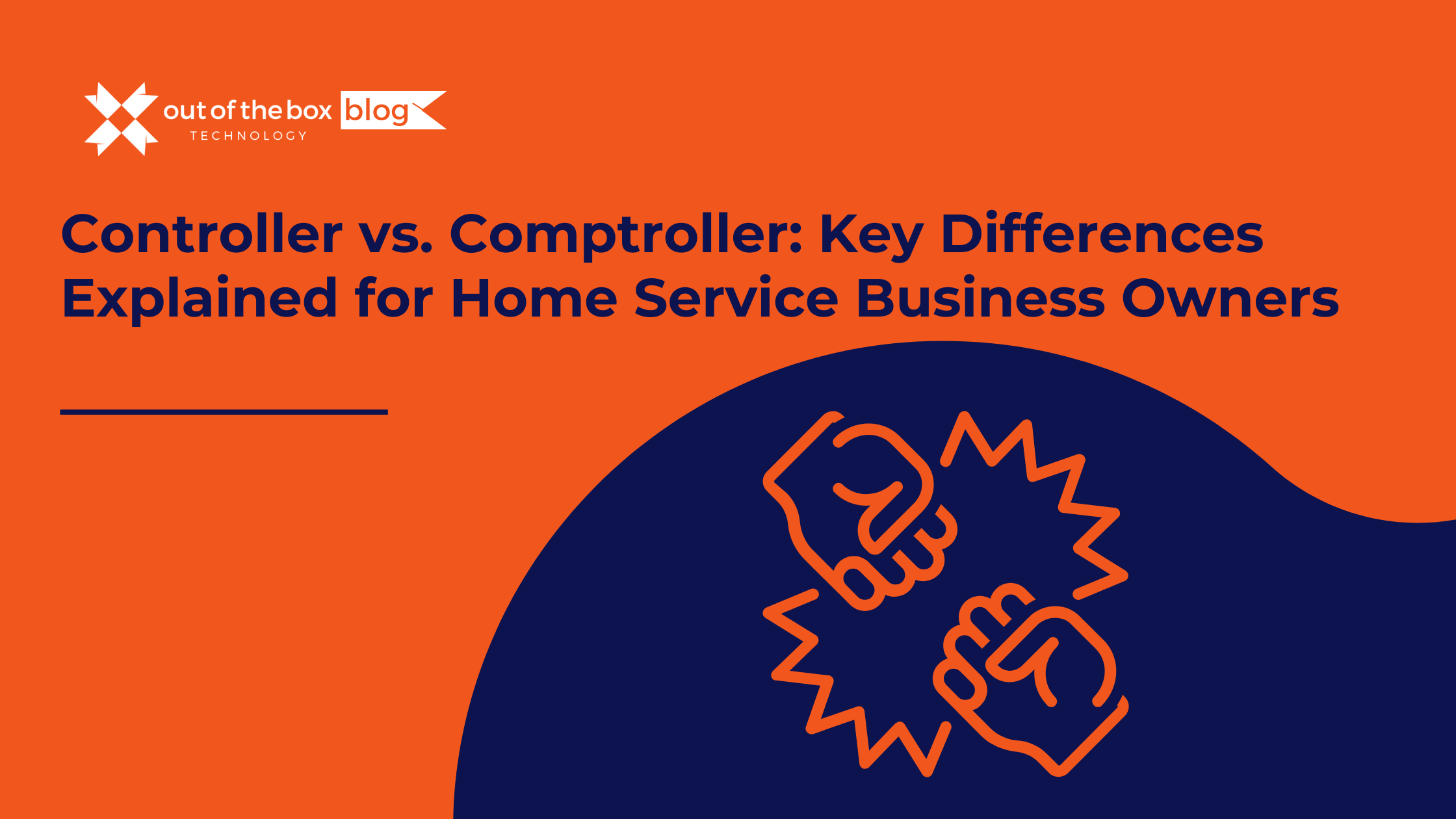Lease negotiation as a franchisee is a critical step in establishing and sustaining a successful franchise. The lease agreement not only impacts your day-to-day operations but also plays a significant role in your business’s financial health. Here are six essential lease negotiation tips for franchisees, each elaborated further for a comprehensive understanding:
Six essential lease negotiation tips for franchisees
1. Understand Your Business Needs:
- Assess Your Specific Requirements: Before you begin lease negotiations, conduct an internal analysis of your business needs. What is the ideal size of the space you need? Are there specific layout requirements for your franchise? Understanding these specifics will help you identify properties that best fit your business model.
- Location Analysis: The success of a franchise often hinges on its location. Consider factors like foot traffic, accessibility, visibility, and demographics of the area. A prime location might cost more, but it can significantly increase your business potential.
2. Research the Market:
- Local Market Insights: Gather information about the local real estate market. What are the average lease terms and rental rates in your desired area? This knowledge will empower you to negotiate more effectively.
- Comparable Properties: Look at similar properties in the area. Analyze their lease terms and use this data as a benchmark during negotiations.
3. Seek Professional Advice:
- Legal Expertise: Lease agreements often contain complex legal terms. Hiring a real estate attorney ensures that you understand all aspects of the lease. They can also identify any unfavorable terms or hidden costs.
- Lease Negotiation Strategies: Professionals can provide strategic advice on negotiation tactics. They can help in crafting counteroffers and suggest ways to get the best terms for your franchise.
4. Negotiate Lease Terms, Not Just Rent:
- Beyond Rent: Focus on negotiating aspects like the length of the lease, renewal options, and maintenance responsibilities. These terms can have a long-term impact on your business.
- Flexibility and Protections: Ensure your lease has terms that offer flexibility and protect your business, such as early termination clauses or caps on annual rent increases.
5. Consider Future Growth:
- Scalability Options: Look for lease terms that allow for expansion, like the first right of refusal on adjacent spaces or the ability to sublease.
- Adaptability for Change: Make sure the lease agreement is adaptable to potential changes in your business model or unforeseen growth opportunities.
6. Prepare for Worst-Case Scenarios:
- Risk Management: Include terms that protect your business in unexpected situations, like natural disasters or economic downturns.
- Exit Strategies: Negotiate fair and reasonable termination clauses. Understand the penalties and conditions under which you can exit the lease without significant financial repercussions.
Summary
In conclusion, successful lease negotiation requires thorough preparation, an understanding of the market, professional advice, and a strategic approach. By focusing on these areas, franchisees can secure lease terms that not only meet their current needs but also provide flexibility and protection for future growth and unforeseen challenges. A well-negotiated lease is a cornerstone for the long-term success and stability of your franchise.
Schedule a complimentary QuickBooks data file review today for a quick and easy QuickBooks health check.




